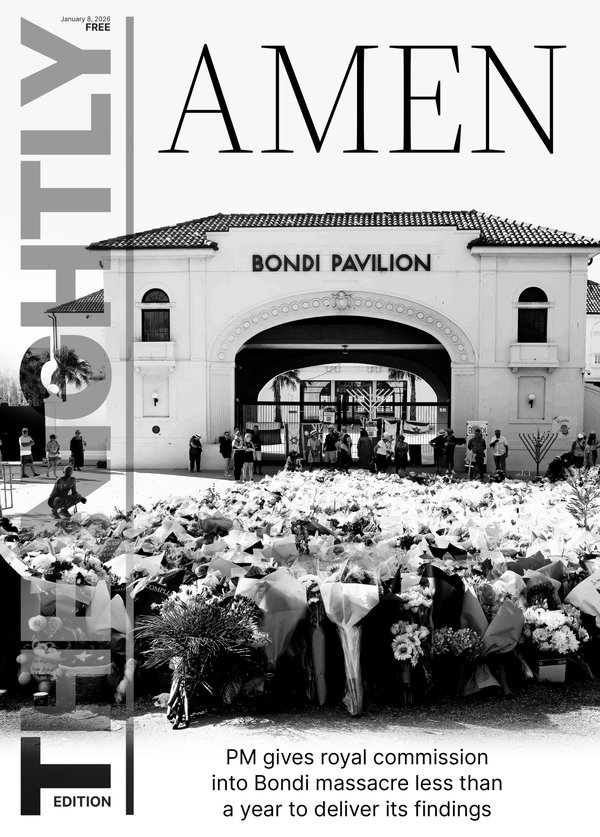Call to revive the Freedom From Fear campaign urging men to stop domestic violence
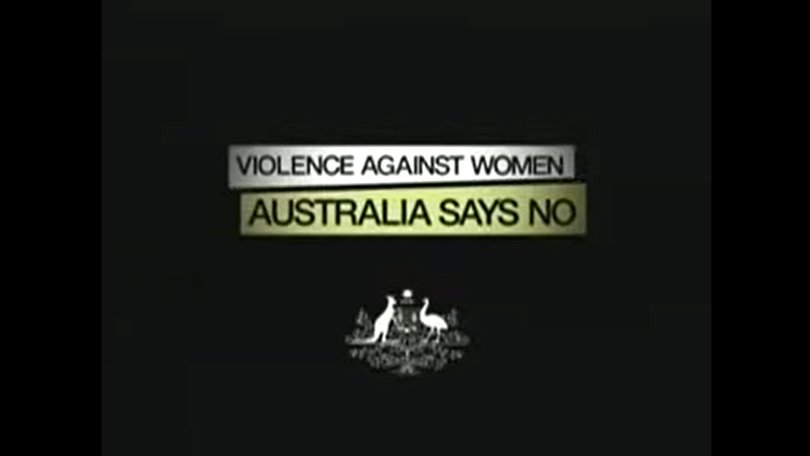
A researcher involved in one of Australia’s earliest domestic violence campaigns wants to revive a push for abusive men to seek help.
University of Western Australia adjunct Professor Rob Donovan says although there have been many awareness campaigns in the 25 years since the Freedom From Fear ads, he sees little now that tells men what they can do to change their behaviour.
He was involved in the research that led to the WA-run campaign which began in 1998.
Sign up to The Nightly's newsletters.
Get the first look at the digital newspaper, curated daily stories and breaking headlines delivered to your inbox.
By continuing you agree to our Terms and Privacy Policy.At the time, the Freedom From Fear campaign was unique in focusing mainly on men and asking them to voluntarily seek help to change their behaviour.
The ads encouraged perpetrators to call a helpline staffed by counsellors specifically trained in dealing with violent men and able to hold free phone counselling sessions and refer them to behaviour-change programs.
Professor Donovan said the research showed that to create change, ads needed to show men there was something they could actually do — the campaign was tweaked to include images of people picking up the phone, based on results from quit smoking campaigns.
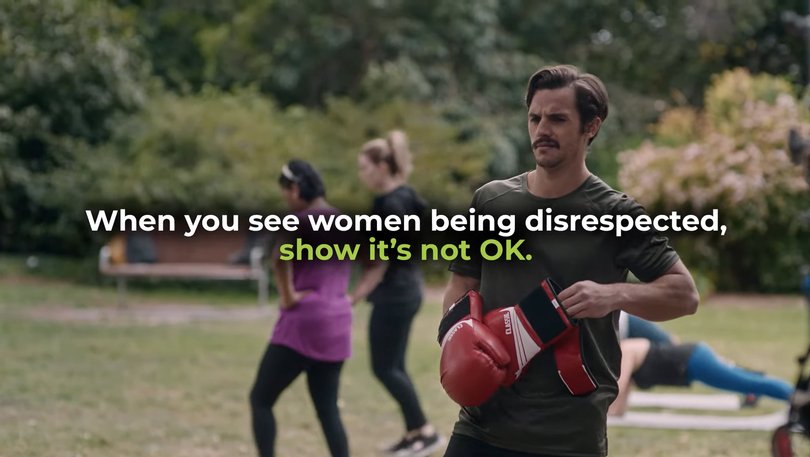
Now, he sees the 1800 RESPECT helpline tacked on to news reports without its real purpose promoted.
“There’s no clear single program targeting violent men to actually do something about their violence,” he said.
“The news items … are all about, you know, more millions of dollars on new this and new that, and it’s all about refuges and plans for women and things like that.
“There’s nothing there that saying directly to violent men that you can do something about it, and it’s up to you to do it.”
Although the ads ended, the WA men’s domestic violence helpline (1800 000 599) still exists and there is also now a national men’s referral service (1300 766 491).
No To Violence, which runs the national service, promoted it in 2017 with ads in Tasmanian toilets asking “What does your love look like?”
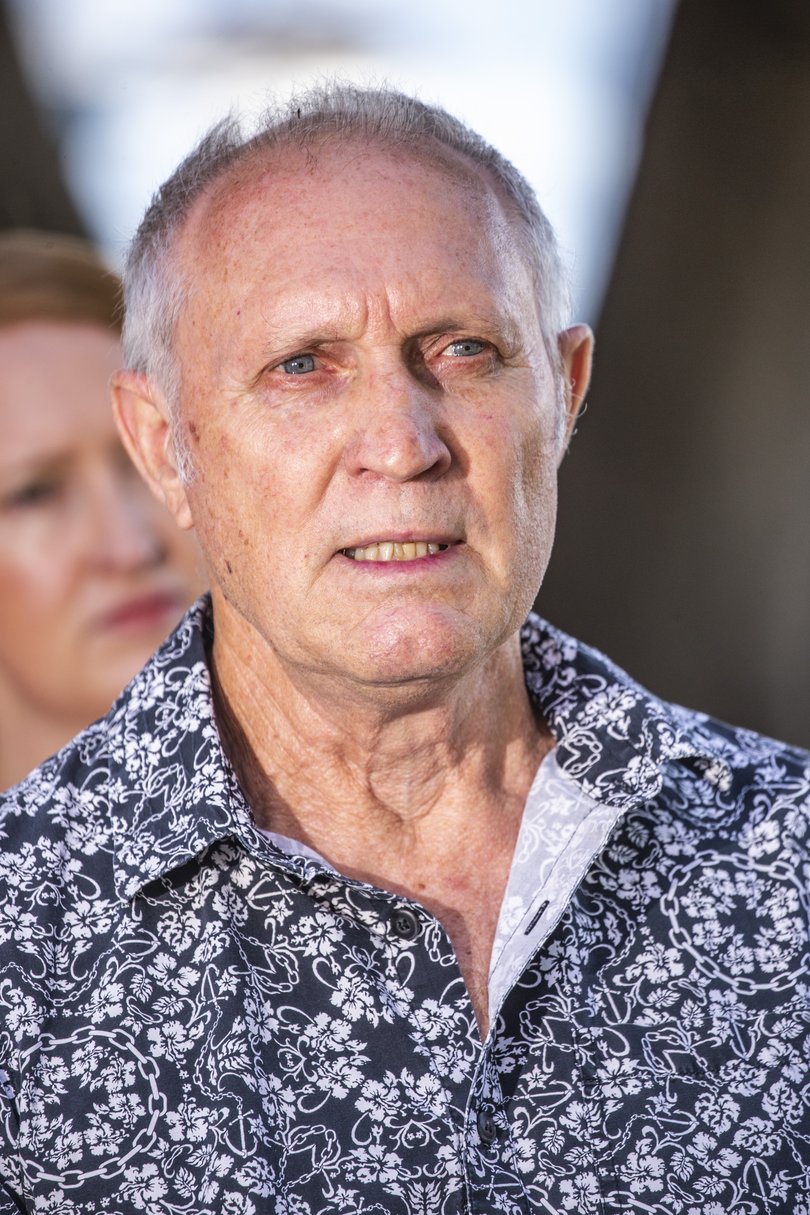
The new national plan to end violence against women and children, launched in late 2022, includes for the first time a focus on perpetrators’ accountability and responsibility for change.
An assessment of Freedom From Fear by Professor Donovan in 1999 noted proper training for the helpline staff was key to the campaign’s success.
After seven months, just over half the people surveyed were aware there was a phone service where violent men could seek help.
Nearly 2300 calls in eight months — 61 per cent from the campaign target group (younger men) and 38 per cent from people who said they were perpetrators
By contrast, an evaluation of the Howard government’s “Violence Against Women — Australia Says NO” campaign in 2006 found about 13 per cent of people remembered having seen the ads.
Its television, radio, cinema, magazine and newspaper advertisements were supported by a national confidential helpline run by Lifeline – a precursor to the 1800 RESPECT line which has been funded since 2010.
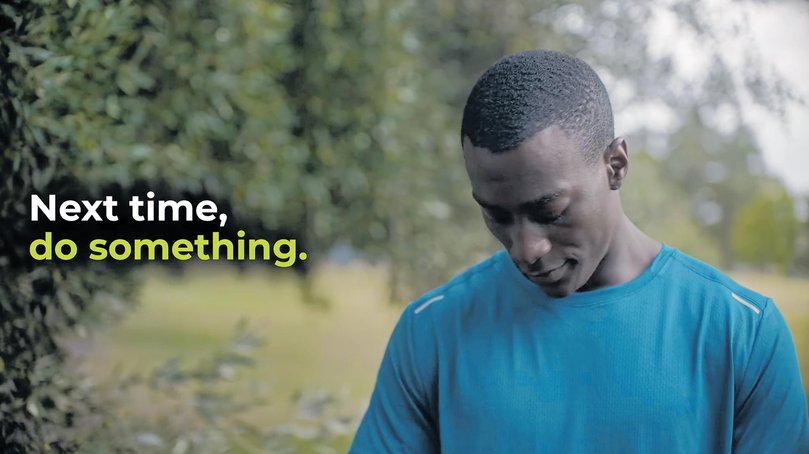
However, the campaign sparked fury among experts in the sector who said it was too soft.
Professor Donovan said the key to success was the call to action.
“There were a lot of men who said, ‘Well, yeah … I know, this is wrong, I shouldn’t be doing it but I don’t know what the heck to do about it, and where to go or what to do’,” he said.
Shaming or blaming men didn’t work, his research found, but emphasising their responsibility to stop and the hurt their behaviour was inflicting on their partners and children was effective.
The current national campaign, Stop It at the Start, began in 2016 and was initially funded for three years.
It has gone through multiple waves but has broadly been aimed at making adults aware of disrespectful attitudes and behaviours they might excuse or ignore through notions such as “boys will be boys”, and focusing on respectful relationships.
The ads have been viewed tens of millions of times.
In April, the Government announced its latest phase would start from mid-June and would include for the first time a counter-influencing campaign in social media and other online spaces where misogynistic content thrives.
Other organisations have also run regular campaigns over the past two decades aimed at curbing violence against women and children and changing attitudes.
The Government-funded Our Watch has run multiple rounds of ads since its establishment in 2013, also aimed at changing sexist or disrespectful attitudes that could culminate in violence.
The WA Government got behind the global 16 Days campaign in 2017, taking the time each year to focus on the problem of violence against women and its solutions.
In 2021, the WA Liberals made reinstating the Freedom From Fear ads part of an unsuccessful election campaign.
Support for all is available from 1800RESPECT (1800 737 732) or the Men’s Referral Service on 1300 766 491.

